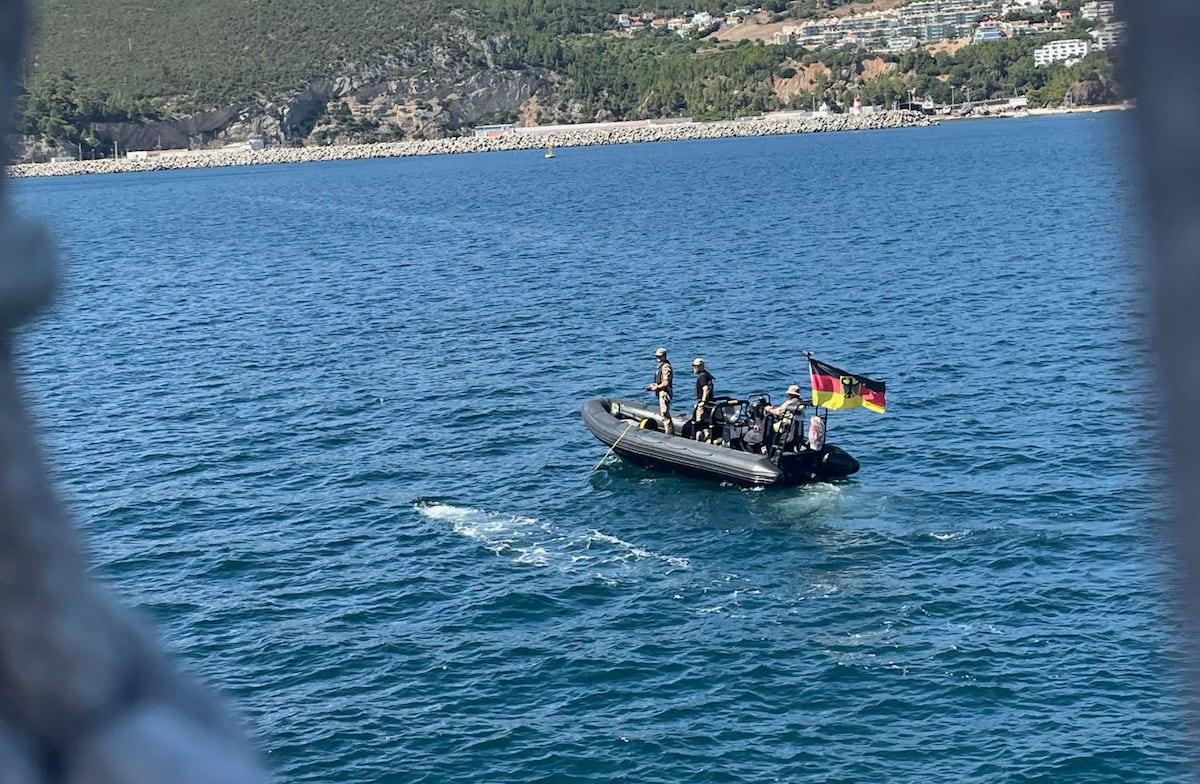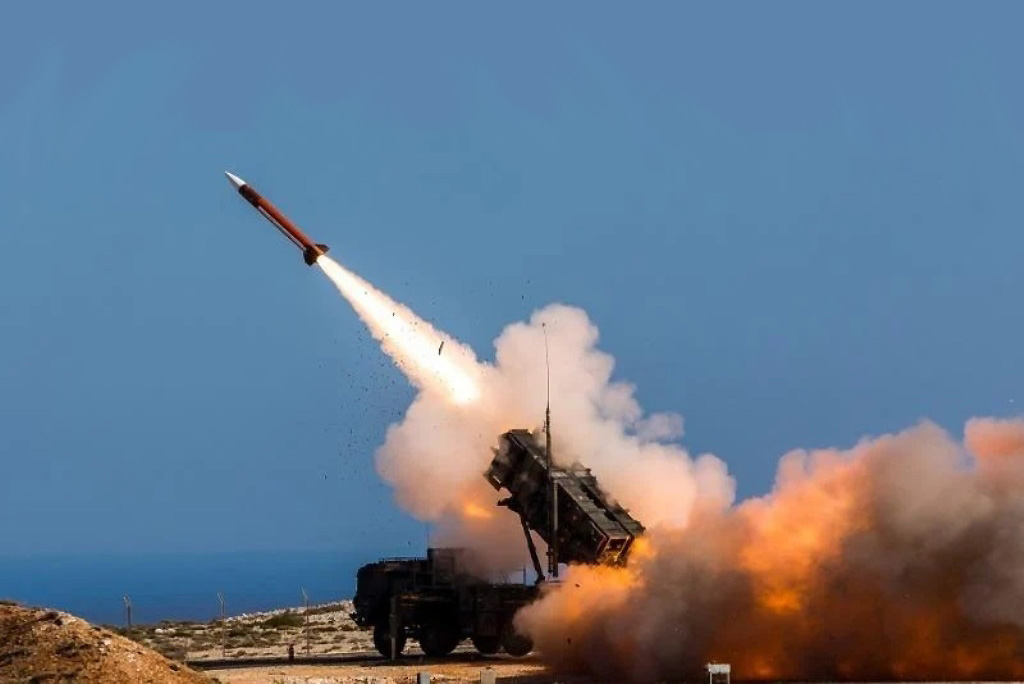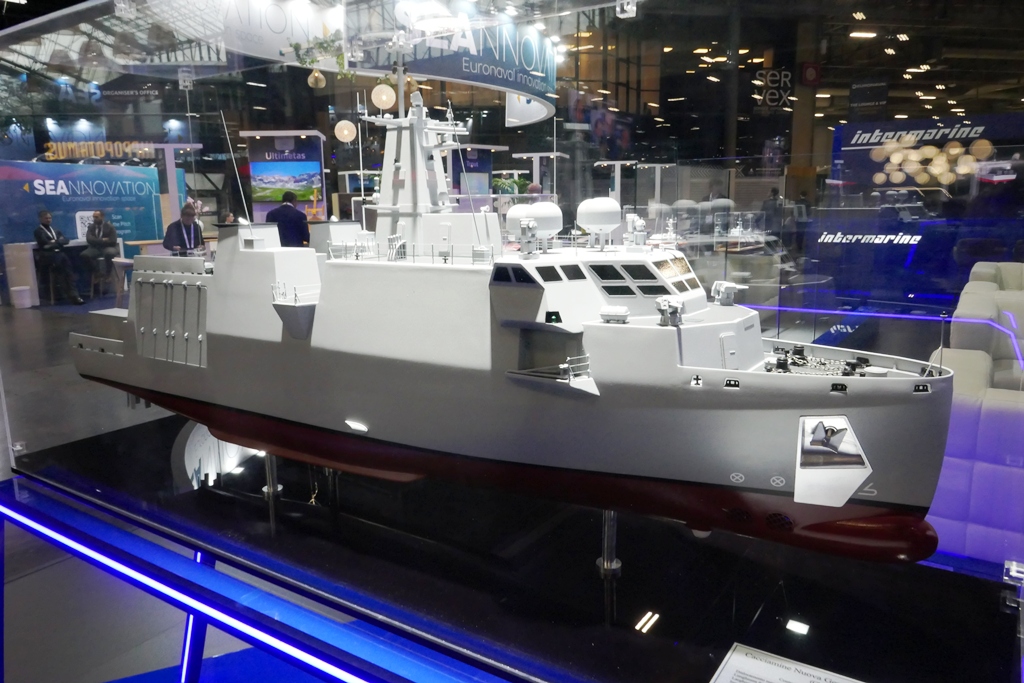Dassault Aviation Chief Éric Trappier Critiques Airbus Partnership Over European Fighter Jet Development
In a recent testimony before the French National Assembly defense committee, Éric Trappier, CEO of Dassault Aviation, voiced strong concerns regarding the collaboration with Airbus on the European sixth-generation fighter jet. Trappier characterized the partnership as "very, very difficult" and emphasized that ongoing disputes about work-sharing among the partners are hampering progress. “Something is not working,” he remarked, asserting that it is up to the governments involved to reassess and improve the management of this ambitious program.
The Background of FCAS
The Future Combat Air System (FCAS) initiative, which involves France, Germany, and Spain, aims to revolutionize military aviation in Europe. In December 2022, these countries allocated a hefty €3.2 billion ($3.6 billion) contract for phase 1B, which encompasses research, technology, and the overarching design of the new system. The partnership between Dassault and Airbus for the Next Generation Fighter (NGF) is central to this endeavor. Although an agreement was reached between the companies after intense negotiations lasting over a year, challenges continue to plague the project’s timeline and execution.
Challenges in Collaboration
Trappier highlighted that wrangling between the partners over how to divide the workload is leading to significant delays, with agreements for phase 2 still a distant prospect. He stated, “It’s still going to take time, that’s for sure.” While he previously expressed confidence in the joint development of a demonstrator, his recent comments reflect his frustration with the fragmented approach to collaboration, which he argues results in "pointless, endless discussions."
Airbus, in response, asserted that progress has indeed been made under the FCAS program, citing achievements such as the concept selection review. They reiterated their commitment to the FCAS initiative, describing it as "the backbone of the European defense industry and strategic autonomy." However, Trappier’s remarks cast doubt on the efficacy of this commitment, given the ongoing disputes.
Governance and Decision-Making
One of Trappier’s key points was the imbalance in decision-making power. As the prime contractor, Dassault only holds a third of the decision-making authority, with Airbus representing Germany and Spain holding the remaining two-thirds. This structural issue complicates the process, with Trappier lamenting the "constant accommodation" and "permanent negotiation" required to reach consensus on design and development.
He illustrated this hindrance by stating, “We have to constantly accommodate, constantly negotiate,” making it apparent that his company often finds itself struggling to assert its leadership amid the complexities of multinational collaboration.
A Case for Efficient Cooperation
Reflecting on a more successful project—a collaboration on the nEUROn drone—Trappier contrasted the experiences of both programs, indicating that the streamlined approach on the drone project did not suffer from the same complexities associated with the FCAS. He asserted that compromises made in order to ensure equitable distribution of work (known as "geo return") should not eclipse the goal of producing the best possible product.
Implications for Future Developments
Trappier’s discourse raises critical questions about Europe’s approach to defense collaboration and the potential repercussions of interdependence among allies. He highlighted that if France relies too heavily on its partners, it may compromise its strategic autonomy—an issue of paramount significance in the context of France’s national defense policy.
He pointedly remarked that if FCAS is produced with the current decision-making structure and partnership dynamics, it may result in a costly endeavor, potentially making platforms like the Rafale appear financially attractive in comparison, despite their historical significance and capabilities.
Looking Ahead
Despite significant hurdles, Trappier remains focused on the future trajectory of France’s military capabilities. He maintains that if FCAS fails to deliver timely solutions, Dassault possesses the expertise necessary to independently develop a stealth-capable aircraft. This assertion underscores a sense of pride in Dassault’s capabilities and a readiness to assume the mantle of responsibility should cooperative efforts falter.
As the debate continues about how to best structure European defense collaborations, Trappier is adamant that France and its partners must pause and reevaluate their approach to these complex and layered relationships. He stated, “That’s up to the politicians to say whether we should work with our traditional allies or not,” spotlighting the intricate interplay between defense contracts, political will, and strategic interests in shaping the future of Europe’s aerial defense program.





